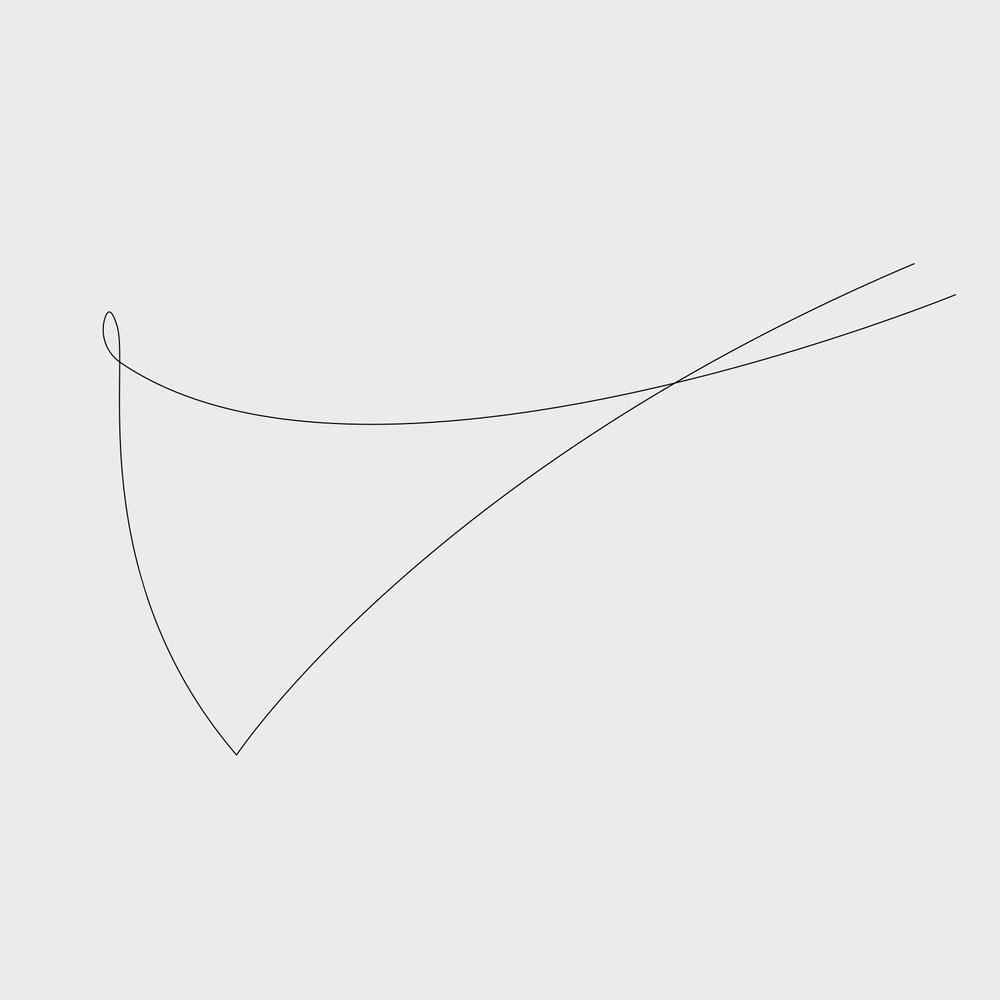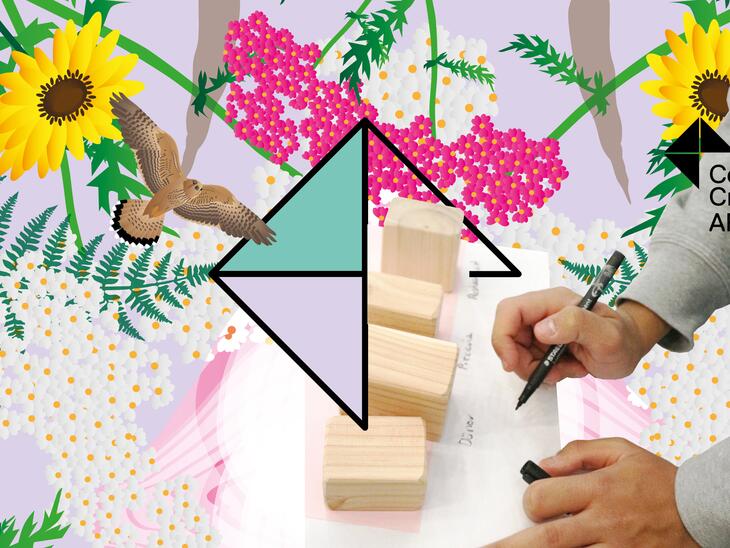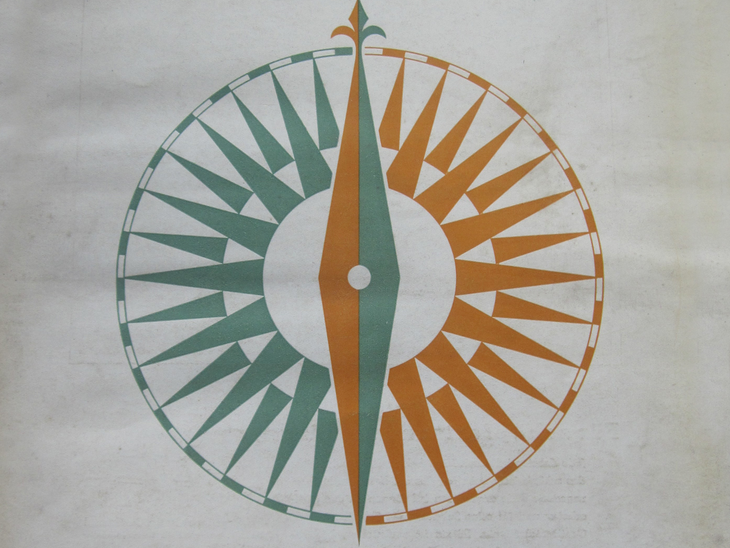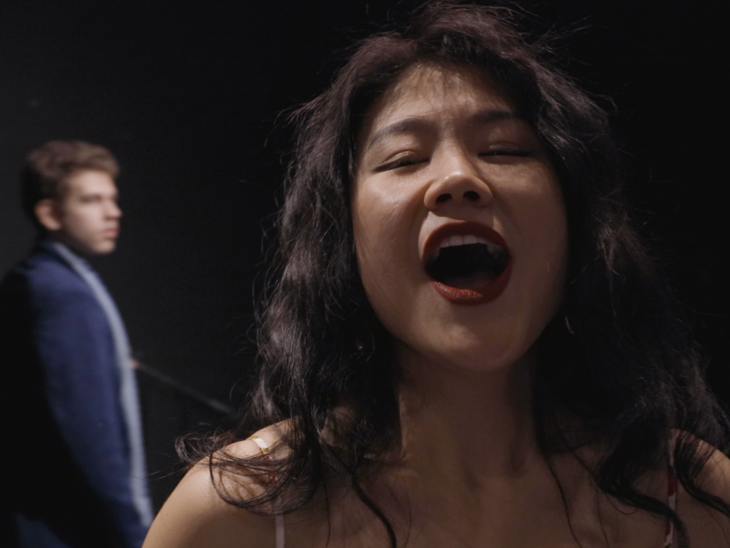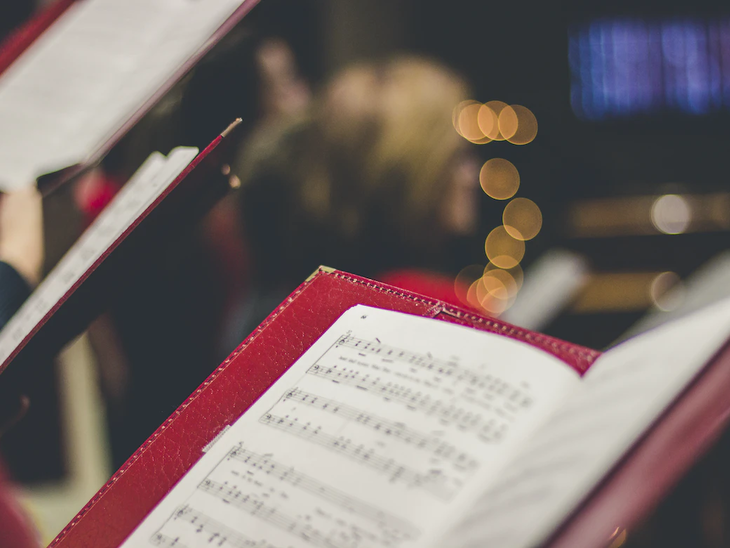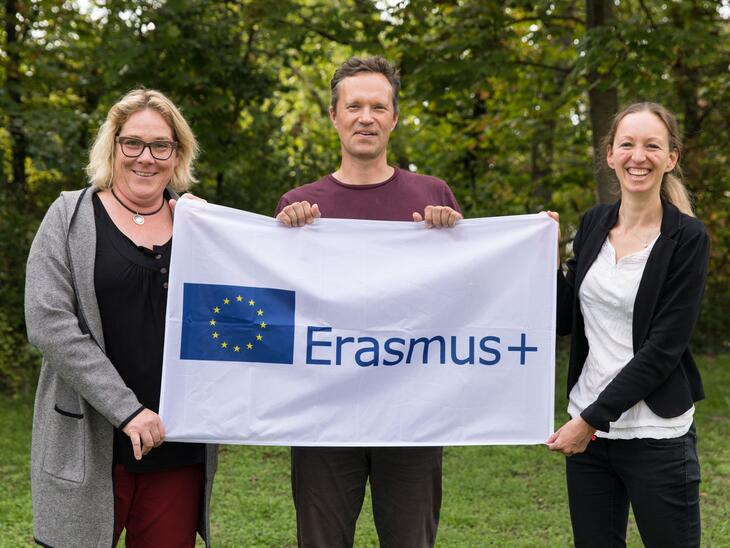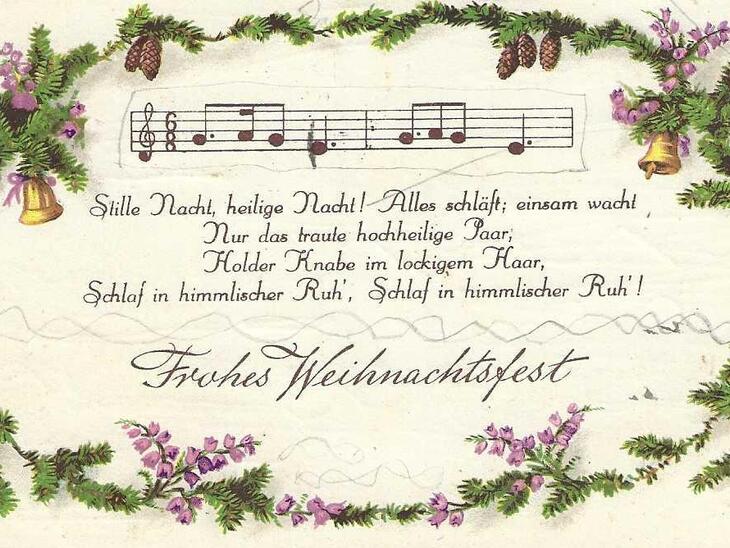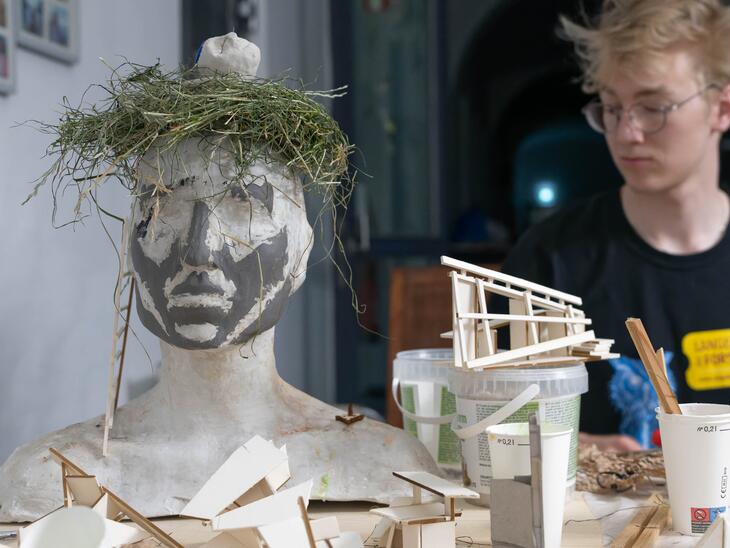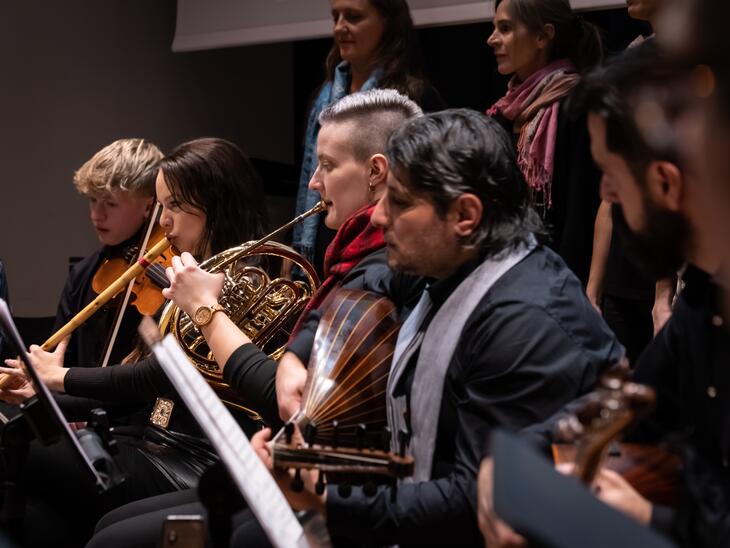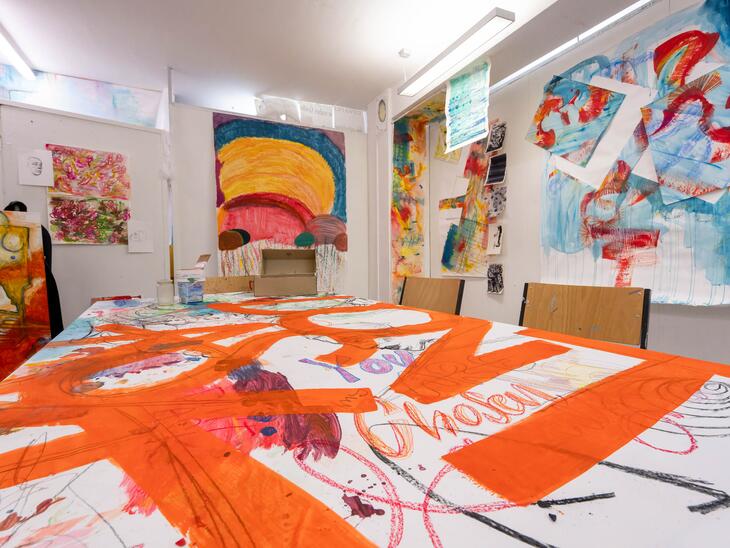
Great success for the Mozarteum University: The FWF (Austrian Science Fund) is funding the project ‘Aesthetic judgement in community’ by Iris Laner with 485,430 euros. The individual project is dedicated to the role of the community in art education theory, school practice and education policy and is being carried out in collaboration with partners from the universities in Cologne, Siegen, London and Pretoria.
